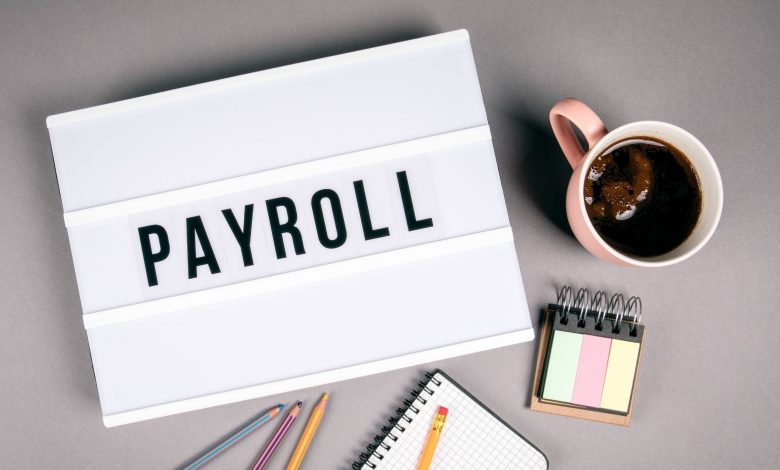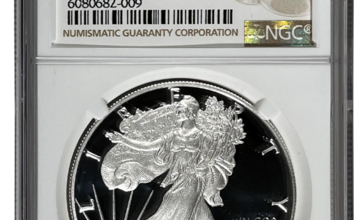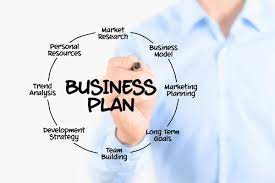Payroll accounting: a guide for small business owners

Although payroll accounting may be difficult or even complicated, it is essential to be on top of it regardless. Most importantly, a good payroll account is vital for the stability of a business. For more advice and tips, contact us for our payroll accounting services at The Accountants London.
What is payroll accounting?
Payroll refers to any tax withheld from a worker’s salary by the employer, who pays the tax to the government on behalf of the employee. On that note, payroll accounting is how an employer works out and records the payroll tax payments made by them, including employer compensation and employer taxes.
Types of payroll accounting entries
When it comes to documenting payroll, keeping clear and consistent records are very important. At every point, you should make sure that you are entering data. Do not make the mistake of leaving everything out of the document until the end of the accounting period. Basically, entries for payroll accounting come in three forms, and they include the following:
Initial recordings: These are also known as originating entries, and they are the type of entry that you will have to deal with most of the time. Just like the name implies, they are the first record of every transaction. They should include the gross wages earned by your employees, every withholding from those wages, and any employer tax you owe on those wages.
Accrued wages: Accrued wages are those wages that are recorded at the end of each period of accounting. They show the number of wages owed to your employees that you have not paid. In simple terms, these wages are liabilities and not expenses.
Manual payments: Manual payments are used to keep track of any adjustments you will have to make outside your usual accounting periods. When an employee stops working for you, you would have to make unplanned payments. These will be recorded as manual payments.
How do you do payroll accounting?
With the types of payroll accounting being taken care of, the next area to consider is how to do payroll accounting. The steps to payroll accounting are broken down below;
Recording of expenses:
Here, you would have to calculate the amounts that you need to pay and debit your business accounts for those amounts
Recording your liabilities:
For each gross transaction, you would have to calculate the specific liabilities and credit those amounts to your business liabilities control accounts.
Pay up:
Transfer the money to the proper recipient from your liabilities account. The proper recipient can include the HMRC for taxes and national insurance and the current accounts of your workers for their wages.
Transition:
At the end of each accounting period, you can close your books, zero out or balance your accounts, and start producing records for the next accounting period.
Is payroll accounting an expense or a liability
Taking note of payroll accounting is not so easy as you must have seen. It goes beyond taking note of what you take from your business account or what you credit to your employees. To better understand what payroll accounting is about, let us take a look at what liabilities and expenses are all about.
In plain and simple terms, expenses are the costs that have been incurred by your business as it operates, whereas liabilities are those amounts of money that your business owes. In practice, gross wages should be treated as expenses because it is the amount of money that your business must remove from its account to pay the workers.
Within the gross expenses, some businesses can end up having liabilities. Some of these liabilities can include payments that have been removed from a worker’s wage and sent to the government. Liabilities can also take the form of wages being owed to the workers. It does not matter if the money has been transferred out of the business account or not; as long as it remains unpaid, it is a liability.
A good example is a scenario where employee’s wages for the month have not been paid. The moment those wages are paid, they are no longer referred to as liabilities; instead, they become expenses.
What is provided by the payroll accounting system?
While the whole payroll accounting system may sound confusing, it is clearly understandable when small business owners use a payroll accounting system to ensure that everything is done right. When you decide to use a payroll accounting system, it can benefit you in the following ways;
- It takes care of your workers
By ensuring that they are paid as they should and on time too
- It keeps things simple and easy
By linking your business accounts and making sure that all relevant information is presented together
- It keeps the cost of IT down
By running all accounts related to your business from one source. This keeps things running smoothly
- It helps you stay updated
With the latest changes to tax codes and payroll compliance requirements
If you still need more information concerning payroll accounting as a small business owner, you can contact our payroll accounting service at The Accountants London. Give us a call or send us an email to get in touch with us.




